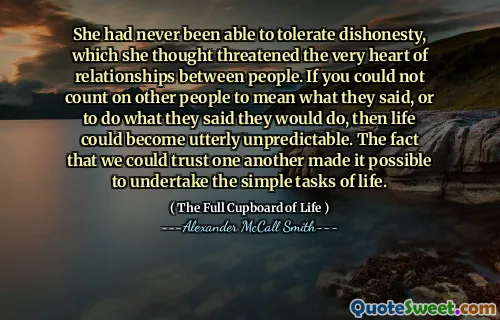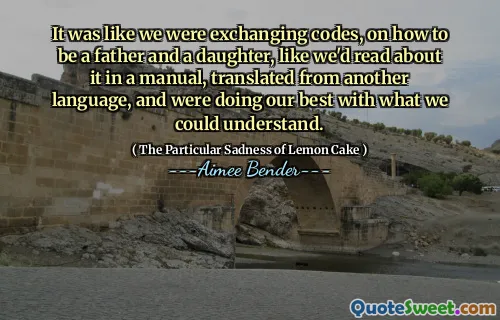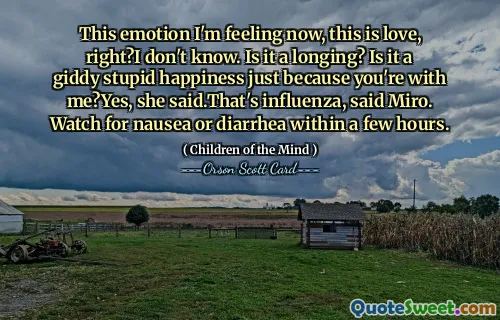
Many promising reconciliations have broken down because while both parties came prepared to forgive neither party came prepared to be forgiven.
This quote suggests that the failure of reconciliation often lies not in the willingness to forgive but in the inability or unwillingness to accept forgiveness oneself. It highlights a common human paradox: individuals may be ready to extend mercy and forgiveness to others, yet they may struggle with accepting the same from others due to pride, fear, or a sense of unworthiness. Such a dynamic can prevent genuine reconciliation because an unreciprocated willingness to forgive leaves unresolved emotional barriers. When both sides come into a process of healing with the expectation of being forgiven but are unprepared to accept forgiveness, the emotional cycle becomes unbalanced, often leading to breakdowns in the reconciliation process. This emphasizes the importance of mutual humility and vulnerability—true reconciliation requires both parties to be open not only to forgiving but also to accepting forgiveness, which necessitates self-awareness, empathy, and a readiness to move beyond ego. Without this reciprocal openness, even the most promising efforts at reconciliation may falter, as unresolved guilt, shame, or defensiveness continue to hinder the healing process. Recognizing and addressing this internal barrier is crucial to fostering meaningful and lasting reconciliation. Ultimately, the quote underscores that reconciliation is a two-way street that involves honest self-reflection and authentic emotional openness from everyone involved.











